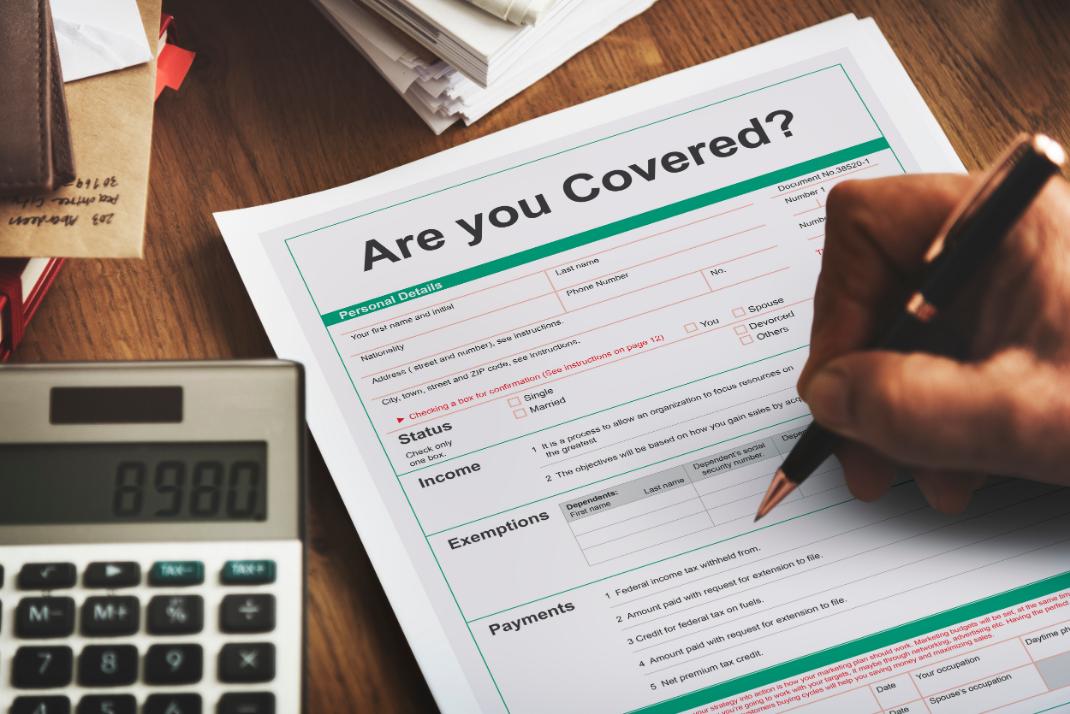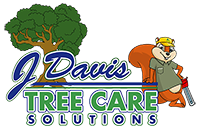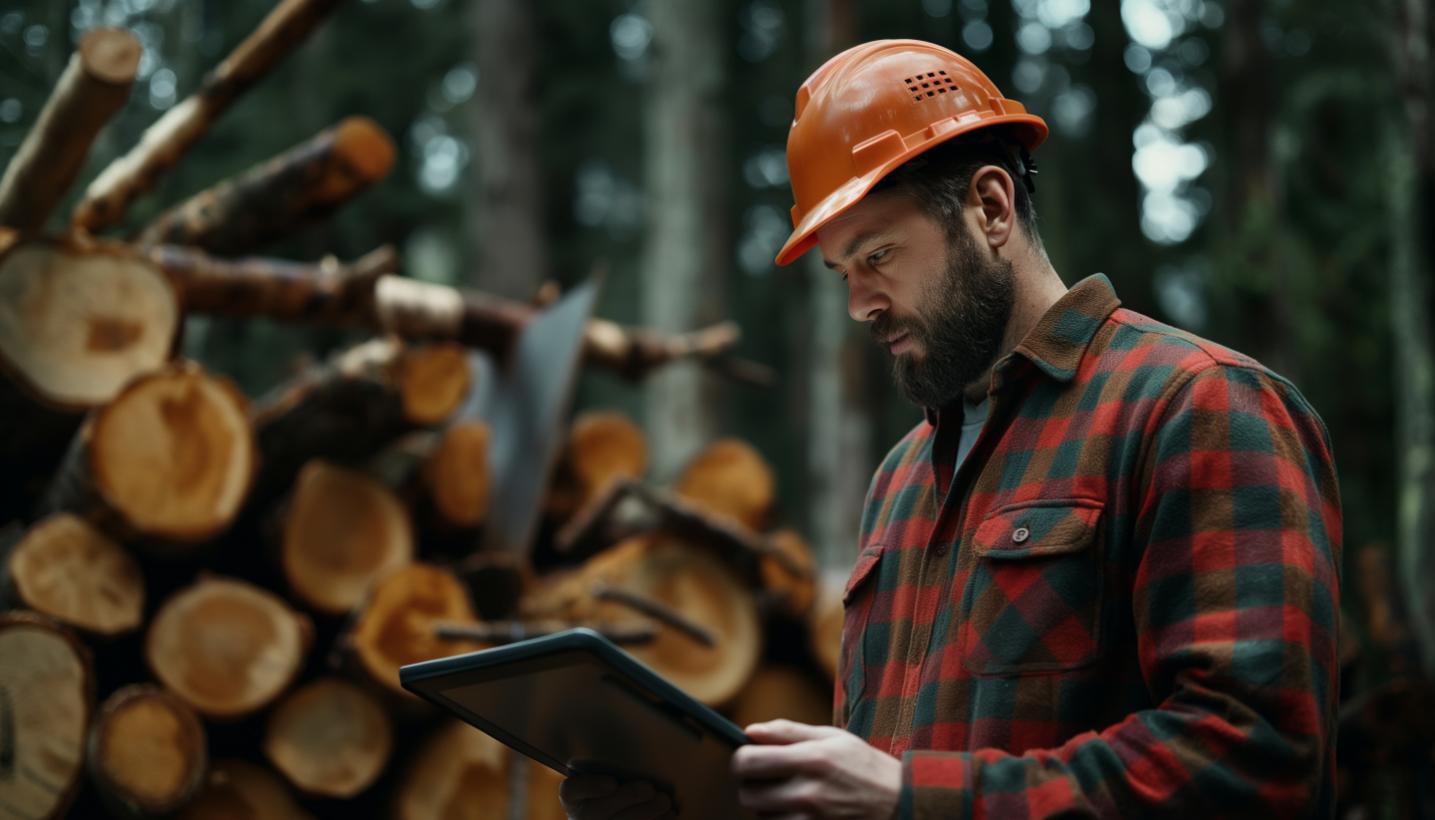Insurance

Insured for Your Protection
Many people are unaware that the tree industry is one of the most dangerous professions (including police and firefighting work). Because of the nature of working near live power lines, at extreme heights and with dangerous tools, tree work carries a heavy risk of serious injury and death. For your protection and peace of mind, it is essential that you understand how your tree service is working, not only to protect the health of your trees, but to protect you, your loved ones, and neighbors from devastating potential liabilities. Insurance in the tree industry is very expensive, especially workers’ injury insurance. Companies often do not carry proper insurance to protect you from liability, and some will stretch the truth to convince you everything is covered when they are under-insured, and many are unaware of what coverage is needed.
Remember, where a lot of money is involved, there is a lot of motivation to bend the truth. Do your own research and get certificates of insurance directly from the insurance company. No one should ever be offended or hesitant when you ask for proof of insurance! It is much cheaper simply to print “fully insured, workers’ compensation and liability insurance” on a card or ad than it is to buy coverage. This deception is made especially easy and profitable because very few customers actually check to see if insurance is in place until after an accident happens. Please do your homework.
Insurance Definitions
- State Workers’ Compensation Insurance like we carry at J. Davis Tree Care Solutions is the most expensive and the most necessary insurance. This is the only real protection you can have from the liability of someone being injured while working on your property.
There is no substitute for it! Without workers’ compensation insurance, tree companies are still legally required to take responsibility for work injuries, but you—the property owner—are next in line. If you hire a contractor who has no insurance to cover his workers, you must pay the bill if an employee is injured and the owner can’t pay it all.
You may sue the contractor to recover damages, but meanwhile you have to pay for the injured person’s medical bills, lost wages, and other costs associated with the injury. Needless to say, it’s no fun.

- Occupational Accident/Alternative Workers’ Insurance: These are types of workers’ insurance that are limited in coverage.
They do not offer the same liability protection as state workers’ compensation. These types of policies can expose you to potential lawsuits from injured employees. - General Liability Insurance protects the customer’s property. It would pay, for example, to repair the damage if a tree fell on your house. General liability covers neither injuries suffered by tree workers nor accidents involving any on-road vehicle.
For instance, if someone fell from a tree and broke his back on your property, general liability offers no protection. (Some policies do have a rider covering $5,000 of on-the-job injuries. But as emergency room can far exceed $5,000.)
Also, if someone were to back a truck into your house or collapse your septic tank, general liability would be of no help. - Bonded: A bond is a written guarantee backed by a financial institution to ensure a job will be completed. Bonding is generally used only for large projects such as contracts with TDOT or utility companies. For a bond to mean anything, the customer must have a valid copy of it. If a company claims to be bonded but does not give you a copy of it for your specific job, being “bonded” offers you no protection.
- Automobile Insurance covers damage resulting from accidents involving on-road vehicles of any kind. Commercial auto insurance has exclusions for auto accident injuries to employees or owners at work, since workers’ comp is designed to cover these injuries. This can be important to remember if someone has an accident involving a truck on your property.
- Fully Insured: The internet will have many advertisements with the term “fully-insured.” What does it mean? More often than not, it means a tree company does not have the insurance you need and doesn’t want you to ask many questions. You must ask, however, because “fully insured” can easily mean absolutely nothing.
- Besides understanding the insurance terms, don’t forget to finish your homework:
Check with the Better Business Bureau to see if the business has received complaints and how the problems were rectified.
Get reference checks on the tree company in question. Reputable businesses should be willing to provide you with customer references.
Always deal directly with the insurance company that underwrites the policy. Never rely on the tree company’s copy of a certificate. Some pay only the first payment on their insurance policies and let them expire, passing off copies of the expired certificate as valid.


